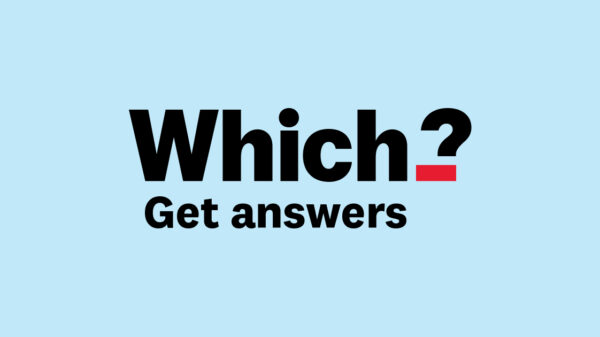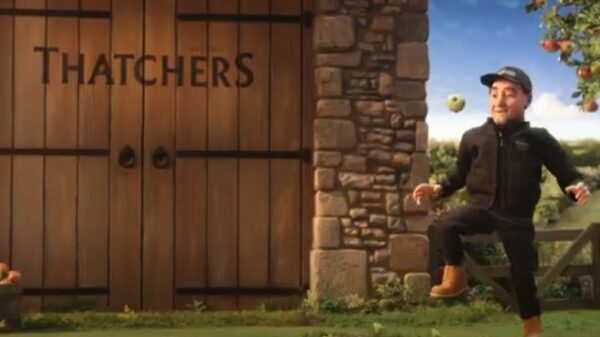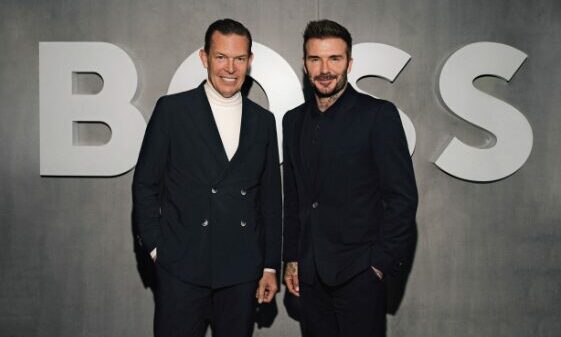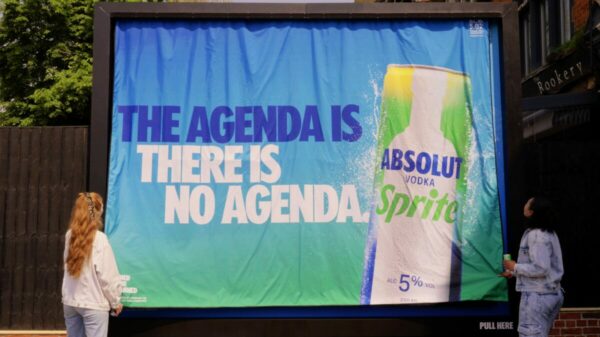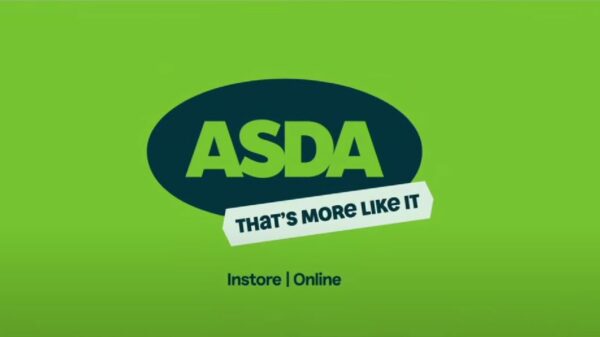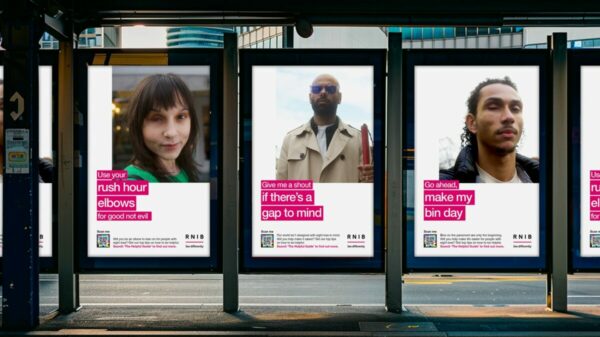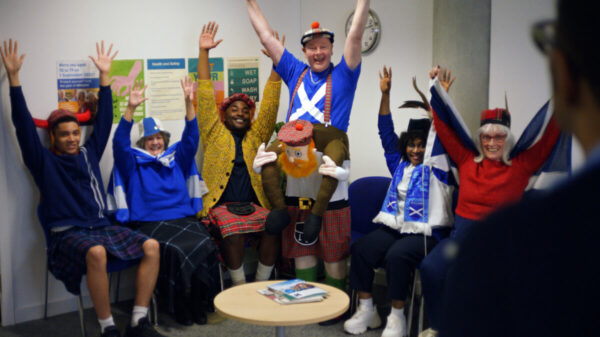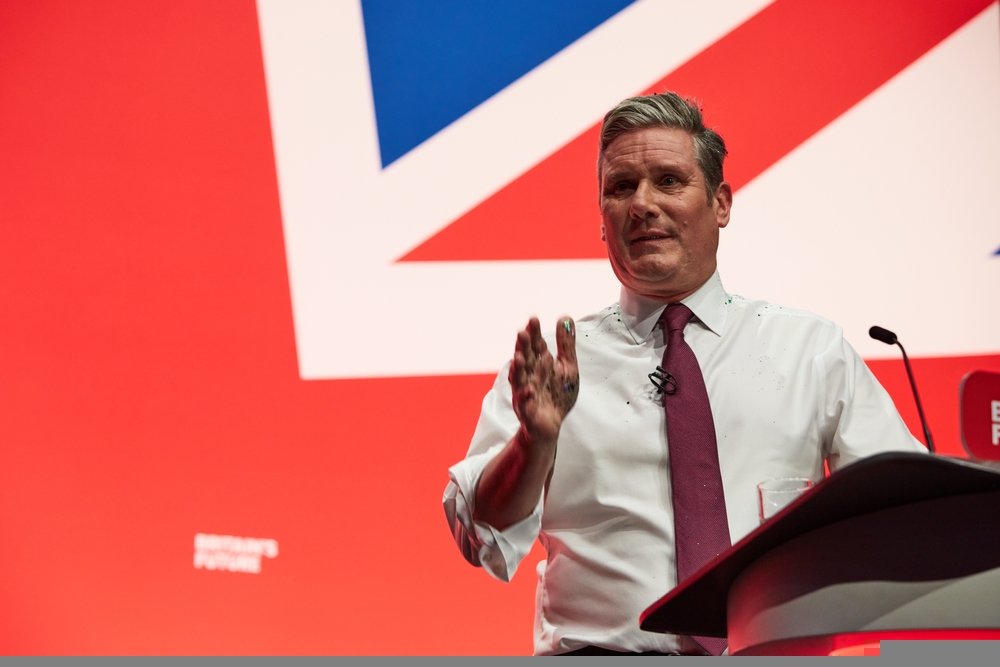Health group Action for Sugar has called for breakfast cereals and yoghurts high in fat, sugar and salt (HFSS) to remove any packaging that could appeal to children.
The action group has called for a ban on marketing unhealthy breakfast products through appealing packaging, in accordance with the Department for Health’s nutrition guidelines.
Packaging of such products includes cartoon characters, animations, vibrant colours and brand characters designed, Action for Sugar claims, to attract the attention of a child.
In comparison, healthier products are often sold with plain packaging, normally targeting adults.
Action for Sugar’s announcement follows grocery retailer Lidl’s decision in 2020 that it would remove cartoon characters from all its own-brand cereal packaging in the UK.
We were proud to sign this letter alongside key food and health organisations, calling out Nestlé’s marketing of their Kit Kat cereal. You say you’re “working to make breakfast better for everyone” @NestleUKI – with a cereal that is one quarter sugar?! https://t.co/ELTY8MtFhF
— Action On Sugar (@actiononsugar) May 15, 2023
Subscribe to Marketing Beat for free
Sign up here to get the latest marketing news sent straight to your inbox each morning
Action for Sugar’s latest announcement follows research by the group based at Queen Mary University of London, which compared cereals and yoghurts offered by different companies in the UK.
The data showed 47% of cereals and 65% of yoghurts contained a third of the maximum sugar recommendation for a four to six-year-old per 100g.
Products from Lidl and Aldi, as well as international brand Nestle, were found to contain the highest sugar levels with packaging targeted towards children.
Action for Sugar’s figures show that breakfast cereals and yoghurts saw a significant decrease in sugar levels between 2015 and 2020, at 14.9% and 13.5% respectively.
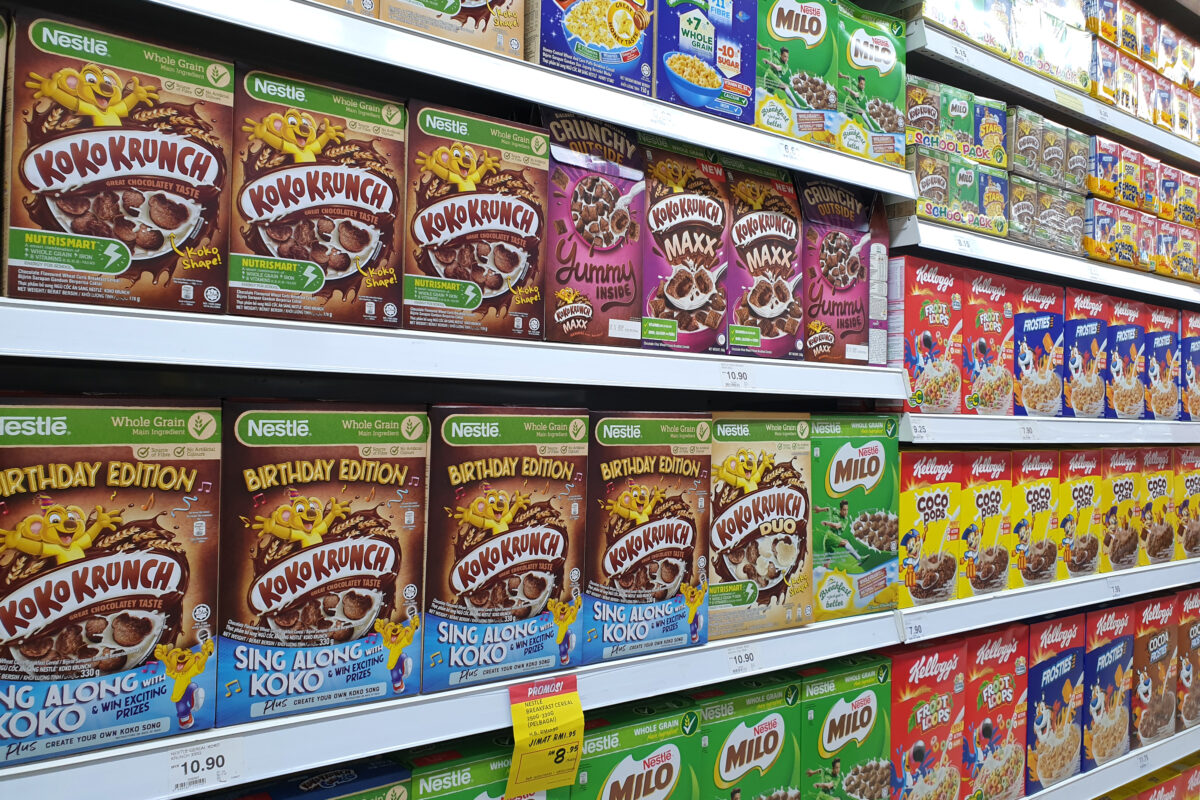
However, that falls below the target of 20% set in the Sugar Reduction Programme, which was announced in the government’s obesity plan in 2016.
“It’s ludicrous that whilst breakfast cereals and yoghurts celebrate the largest reductions in sugars during the Sugar Reduction Programme, those same products with child-appealing packaging still have excessive amounts of sugars, unsuitable for regular intake by children,” said Action on Sugar campaign lead Dr Kawther Hashem told Press Association.
“Now is the time for companies to be forced to remove child-appealing packaging from products that are misleading parents and making our children unhealthy and sick,” Dr Hashem added.
A spokesperson for Nestle responded to Action for Sugar’s announcement, stating: “We are committed to developing food and drink products that are tasty, nutritious and more sustainable.
“Since 2003, Nestle Cereals embarked on a significant and consistent work of reformulation meaning 84% of the portfolio is now classed as not high in fat, salt and sugar (non-HFSS) according to the UK Government’s nutrient profiling model.
“That is 18 products within our cereal portfolio in the UK that are non-HFSS and contain no red traffic lights.”
Aldi, however, replied by questioning the report’s validity.
The company stated it was “committed to reducing sugar in key areas that lead to children’s sugar intake as part of its work to tackle obesity among children”, but added that defining packaging with vibrant colours as appealing to children was “misleading” and had led to “skewed results”.
Marketing Beat has contacted Lidl for comment.
